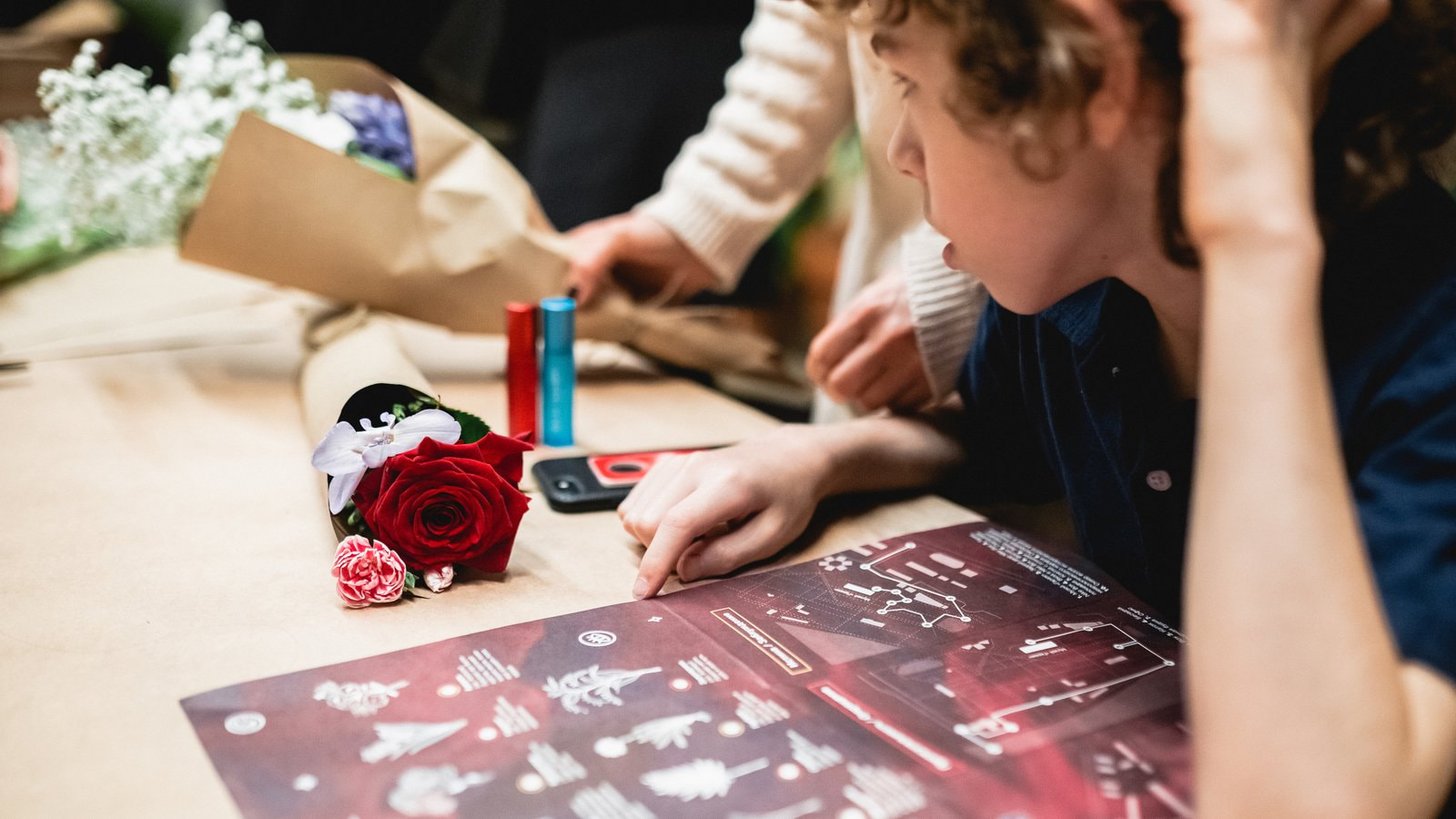Working with people with mental disabilities at Garage
Garage strongly believes that working with people with intellectual disabilities is closely related to the notion of neurodiversity. That’s why, when discussing the nuances of collaborating with this audience, we often mention the impossibility of generalizations, the heterogeneity and dissimilarity of people within this audience, and the absence of uniform rules that work for everyone.
We adhere to the social model of understanding disability, which has played an important role in the development of the neurodiversity movement as a critical view of the norm in matters of brain function and pathologization of certain conditions.
We started with occasional guided tours for visitors with intellectual disabilities, which were held in the morning before the Museum opened, but by 2016 we began delivering regular tours, masterclasses, and thematic courses. These events are usually thematically related to the exhibitions on view in the Museum. Tours, masterclasses, and courses are conducted by our own pedagogues, as well as guest specialists.
Our main goal is to run as many events as possible in a general format, which any person (with or without intellectual disabilities) can attend, as we aim to design universal programs. However, we understand that it is impossible to completely abandon “special” events at this stage since this promotes exclusion and does not consider the needs of many audiences.
Unfortunately, communities of people with intellectual disabilities engaged in self-advocacy, and the struggle for the rights of the representatives of their community are underdeveloped in Russia. Frequently, the tasks of advocacy, organizing leisure activities, etc., are taken over by the professional and parental communities here. Therefore, in order to establish connections and attract visitors with intellectual disabilities, we are actively collaborating with foundations, boarding schools, and parental communities. We hope that people will be able to come to the Museum on their own, unaccompanied. To encourage them, before each exhibition season, we publish a social story—a detailed description of Garage’s spaces and current displays, along with the rules for visiting. The social story helps to prepare for a visit to the Museum. We also develop adapted versions of curatorial texts and compose descriptions of exhibitions using simple words. These texts are placed on special stands inside the Museum.
Inclusion is about changing the environment—rather than about a person with special needs. This is why we decided to move away from the use of concepts related to treatment and healing, such as art therapy classes, rehabilitation rhetoric, or pathologizing terminology.
On this platform, you can find ideological texts about the motives and principles of our work, analytical articles, as well as practical recommendations.
